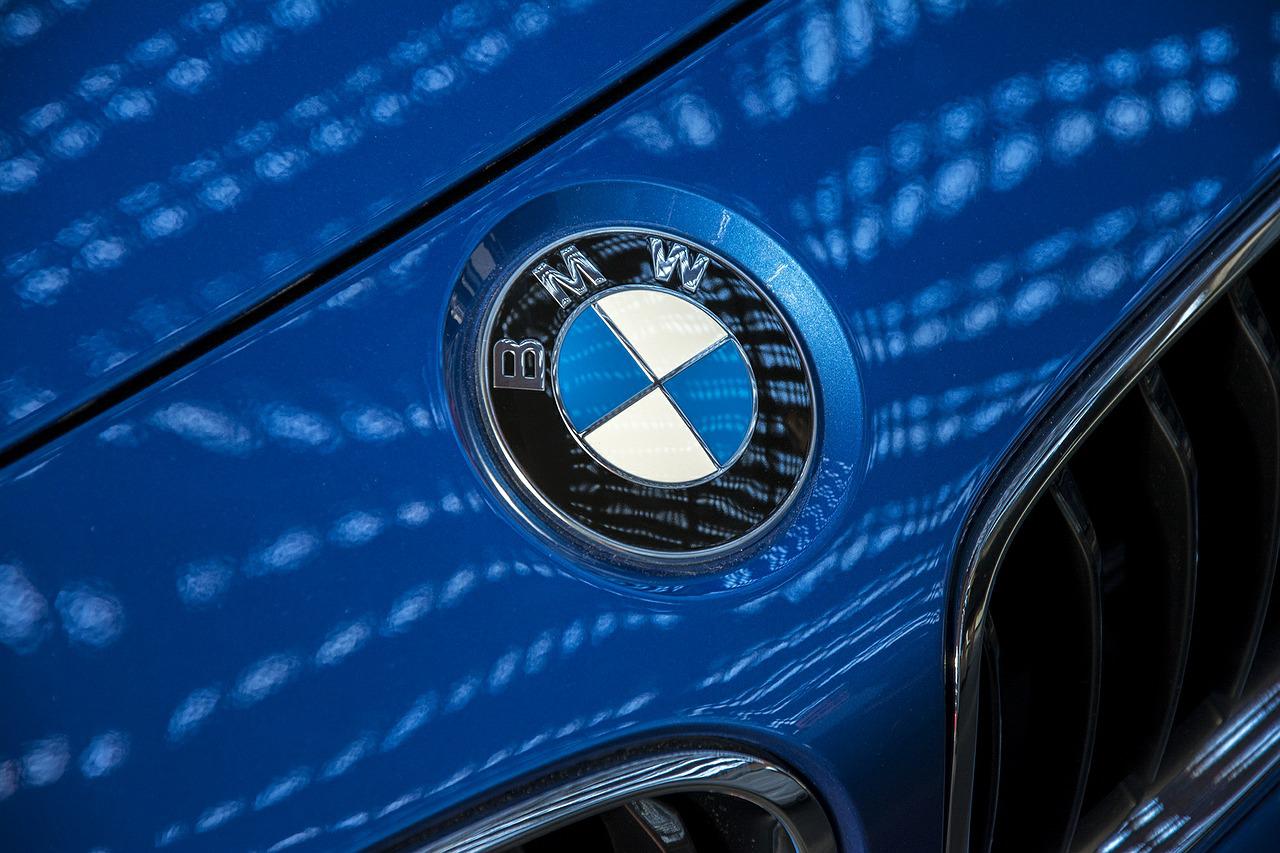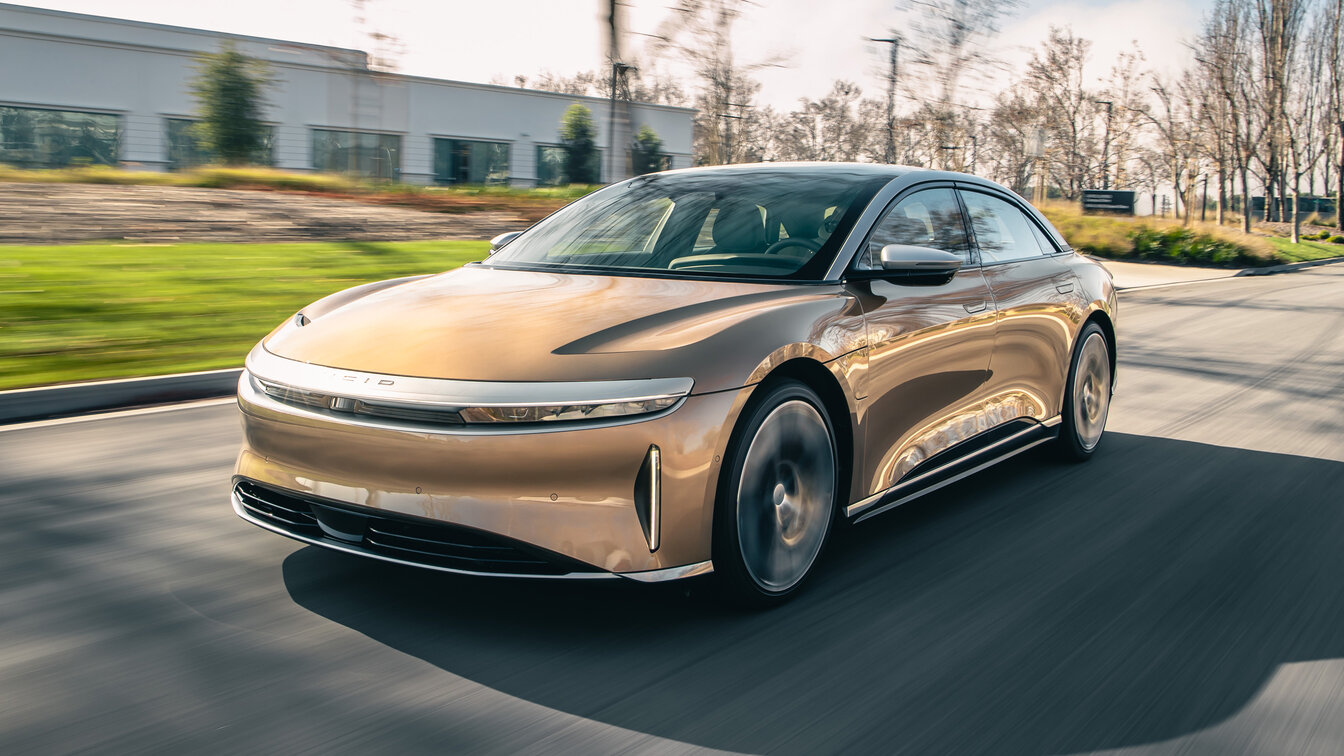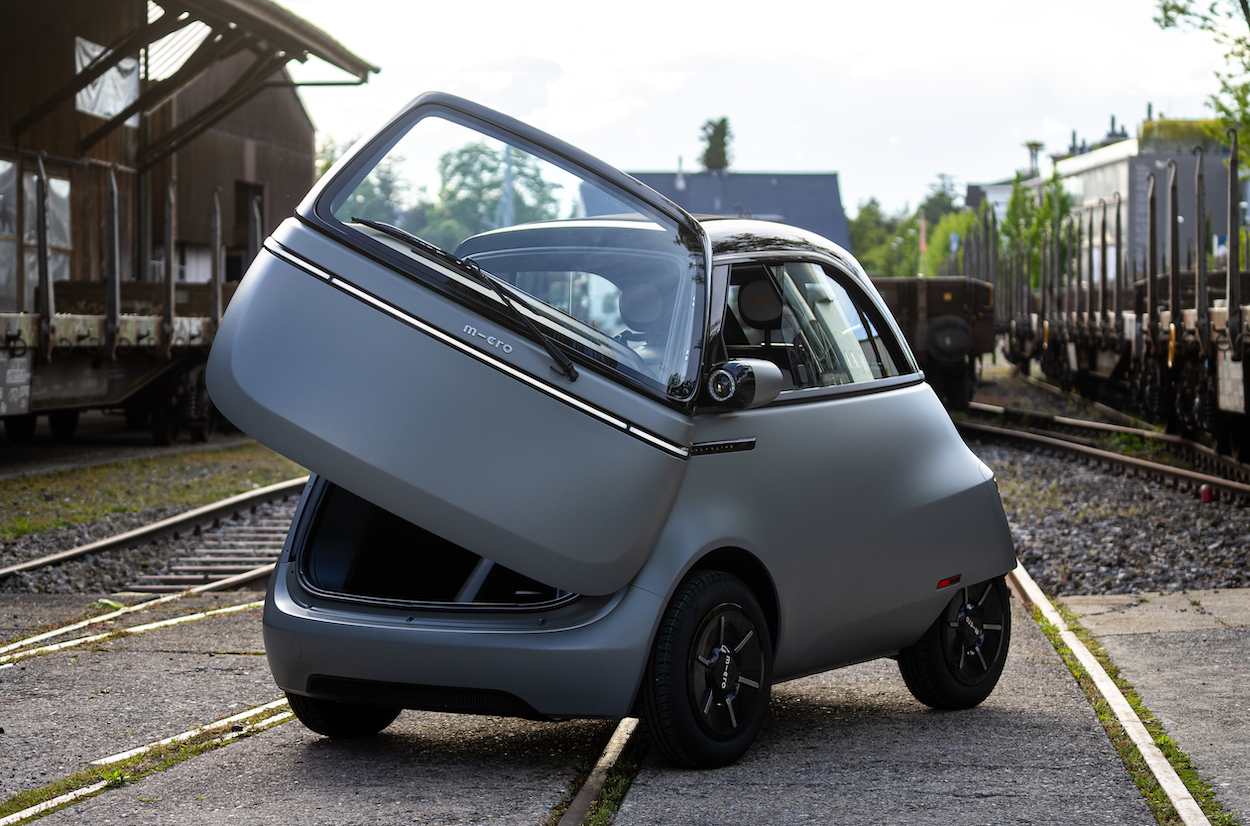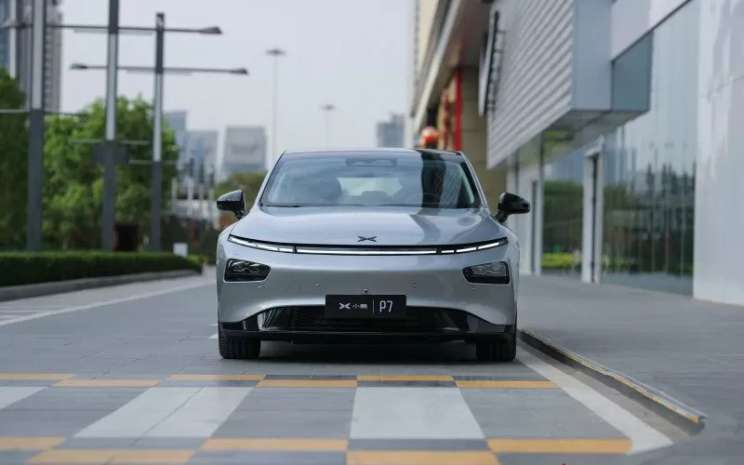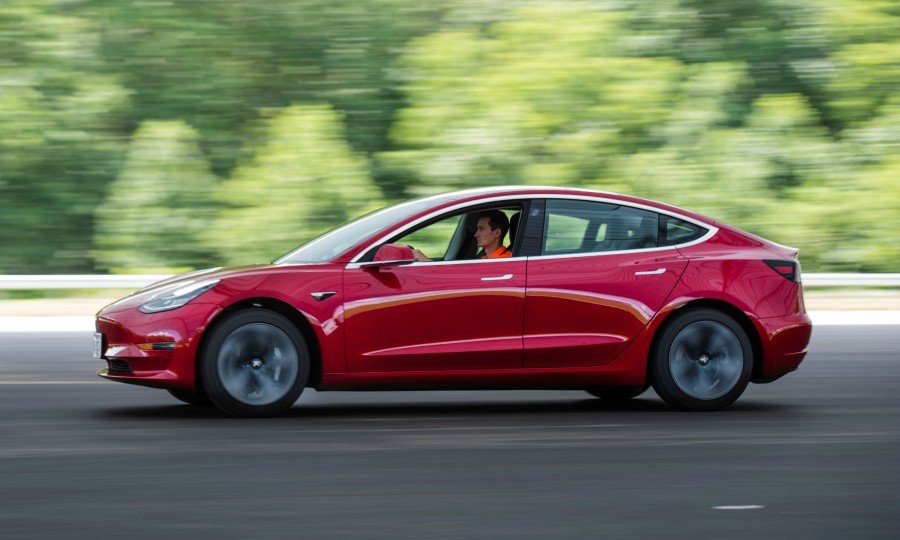Volkswagen’s chief executive, Herbert Diess, believes his company can become the world’s biggest seller of electric vehicles by 2025, beating Elon Musk’s Tesla.
Diess said easing supply chain issues could likely help create momentum for the German auto giant over the coming months.
“The market is always about the future,” Diess said while at the World Economic Forum in Davos, Switzerland on Tuesday (05/24/2022), quoted from CNBC International.
“Tesla is currently leading the way when it comes to EVs, is probably the most digital car company as well and they have several advantages.” “We are still targeting to follow and maybe overtake by 2025 in terms of sales.”
See also: Tesla CEO Elon Musk says Volkswagen making the most progress on EVs besides Tesla
Diess said Tesla was able to show good results and high returns with a credible business model. However, he insists that Volkswagen can close the gap in terms of EV sales with Tesla.
“I think for Tesla, too, upgrading now is probably going to be a bit more challenging. They’re opening a new factory and we’re trying to keep the pace. We think in the second half of the year, we’re going to create some momentum,” Diess said.
Frankfurt-listed Volkswagen shares traded about 0.9% lower on Tuesday morning. This number is in line with losses in the auto sector on the pan-European Stoxx 600.
See also: Volkswagen is bringing back iconic Scout as electric SUV model
More than two years into the coronavirus pandemic, the auto industry has been forced to grapple with the challenges of sourcing critical parts and assembling enough vehicles to meet demand.
A critical supply shortage, particularly in terms of battery production, is expected to be a continuing constraint to EV sales growth in the coming years.
Nonetheless, Diess said he expects to see some relief from the semiconductor supply market from the middle of this year.
See also: Volkswagen to build 800,000 EVs this year and 1.3 million in 2023
“I would say we’re going to see a reduction in this situation towards the middle of the year and the second half we should be in better shape, if the situation doesn’t get worse, which I don’t think so,” Diess said.
When asked if this meant he expected the semiconductor crisis to end in the second half of the year, Diess replied: “I wouldn’t say it’s over but we are seeing a much better situation. I think the supply chain is starting to get organized again.”


